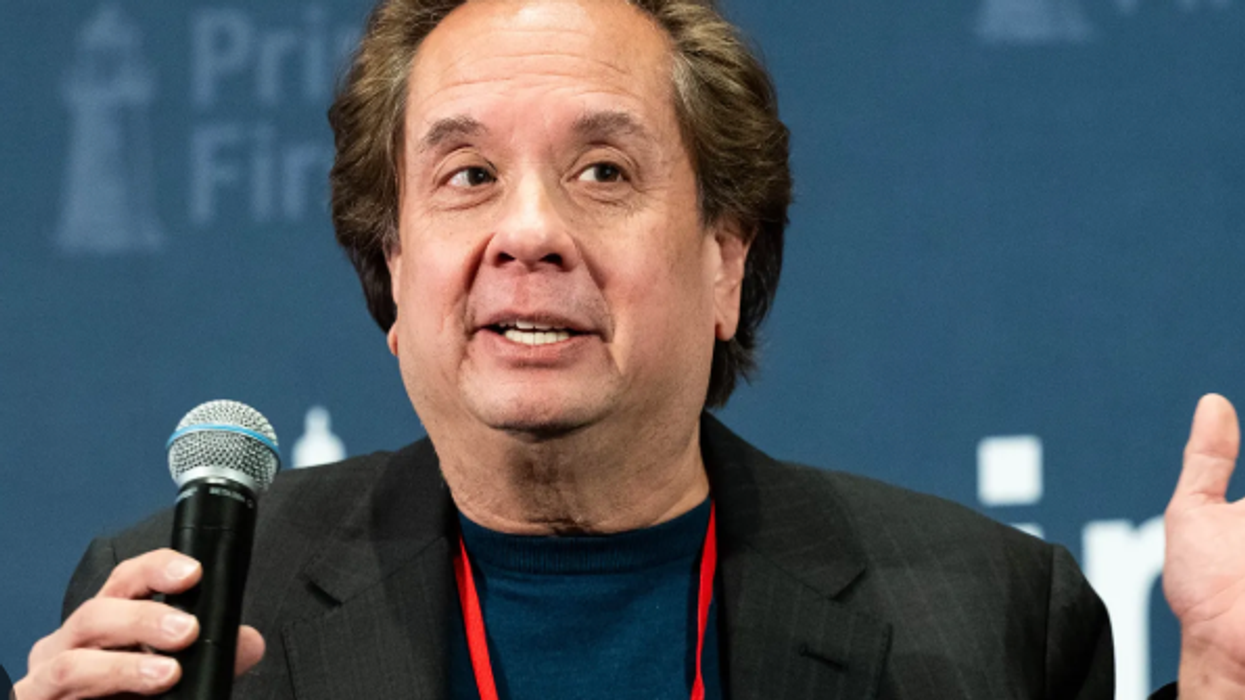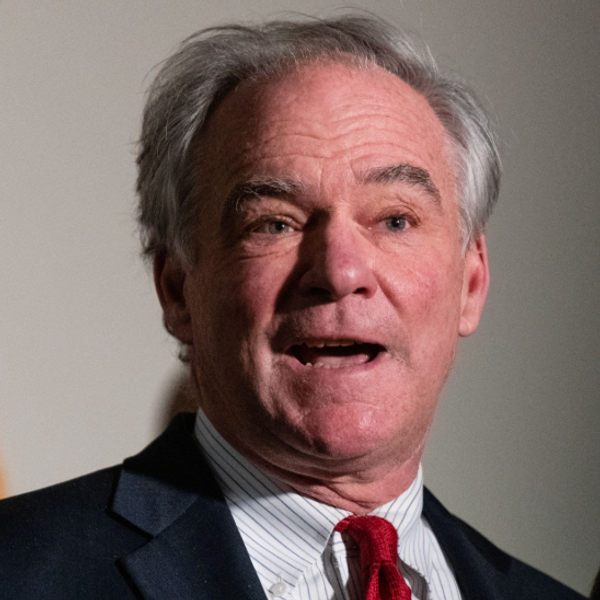'God Bless This Pope': Francis Harshly Admonishes Trump And Vance
Pope Francis harshly criticized the Trump administration for its mass deportation of migrants in a public letter to U.S. bishops published Tuesday. In it he argues that the administration's treatment of migrants goes against church social doctrine and says that a policy built on force “will end badly.”
“The act of deporting people who in many cases have left their own land for reasons of extreme poverty, insecurity, exploitation, persecution or serious deterioration of the environment, damages the dignity of many men and women, and of entire families, and places them in a state of particular vulnerability and defenselessness,” the Pope writes.
The letter comes after Vice President JD Vance, a Catholic convert, called on theology to legitimize a crackdown on migrants. “You love your family, and then you love your neighbor, and then you love your community, and then you love your fellow citizens in your own country,” Vance said on Fox News. “Then after that, you can focus and prioritize the rest of the world.”
“Christian love is not a concentric expansion of interests that little by little extend to other persons and groups,” the first Latin American Pope writes. “The true ordo amoris that must be promoted is that which we discover by meditating constantly on the parable of the ‘Good Samaritan,’ that is, by meditating on the love that builds a fraternity open to all, without exception.”
“God bless this Pope,” Mehdi Hasan, editor in chief of Zeteo, posted on X.
“When you get your Catholic teaching so wrong the Pope himself has to issue a correction,” Mollie Wilson O’Reilly, editor at large for Commonweal Magazine, posted on Bluesky. She added: “I'm being glib, but this is truly beautiful,and clarifying.”
“The Pope's letter today takes aim at every single absurd theological claim by JD Vance and his allies in conservative Catholicism (and the Catholic electorate) but he also defends the chief target of Trumpism -- the rule of law -- in a way few seem able to articulate,” David Gibson, director of the center for religion and culture at Fordham University, posted on X.
Gibson pointed to a portion of the letter: “This is not a minor issue: an authentic rule of law is verified precisely in the dignified treatment that all people deserve, especially the poorest and most marginalized,” the Pope writes.
The letter comes after Vice President JD Vance, a Catholic convert, called on theology to legitimize a crackdown on migrants. “You love your family, and then you love your neighbor, and then you love your community, and then you love your fellow citizens in your own country,” Vance said on Fox News. “Then after that, you can focus and prioritize the rest of the world.”
“Christian love is not a concentric expansion of interests that little by little extend to other persons and groups,” the first Latin American Pope writes. “The true ordo amoris that must be promoted is that which we discover by meditating constantly on the parable of the ‘Good Samaritan,’ that is, by meditating on the love that builds a fraternity open to all, without exception.”
“God bless this Pope,” Mehdi Hasan, editor in chief of Zeteo, posted on X.
“When you get your Catholic teaching so wrong the Pope himself has to issue a correction,” Mollie Wilson O’Reilly, editor at large for Commonweal magazine, posted on Bluesky. She added: “I'm being glib, but this is truly beautiful,and clarifying.”
“The Pope's letter today takes aim at every single absurd theological claim by JD Vance and his allies in conservative Catholicism (and the Catholic electorate) but he also defends the chief target of Trumpism -- the rule of law -- in a way few seem able to articulate,” David Gibson, director of the center for religion and culture at Fordham University, posted on X.
Gibson pointed to a portion of the letter: “This is not a minor issue: an authentic rule of law is verified precisely in the dignified treatment that all people deserve, especially the poorest and most marginalized,” the Pope writes.
“The true common good is promoted when society and government, with creativity and strict respect for the rights of all — as I have affirmed on numerous occasions — welcomes, protects, promotes and integrates the most fragile, unprotected and vulnerable. This does not impede the development of a policy that regulates orderly and legal migration. However, this development cannot come about through the privilege of some and the sacrifice of others. What is built on the basis of force, and not on the truth about the equal dignity of every human being, begins badly and will end badly” he adds.
The Pope also references Pope Pius XII, who wrote what Francis calls the “Magna Carta” of how the Church thinks of immigration. “The family of Nazareth in exile, Jesus, Mary, and Joseph, emigrants in Egypt and refugees there to escape the wrath of an ungodly king, are the model, the example and the consolation of emigrants and pilgrims of every age and country, of all refugees of every condition who, beset by persecution or necessity, are forced to leave their homeland, beloved family and dear friends for foreign lands,” Pope Pius XII writes.
“This is the Pope also directly countering misinformation about the Catholic faith that is being expounded by the Catholic vice president,” Gibson told The Associated Press. “And it is the Pope supporting the Bishops as well."
Reprinted with permission from Alternet.












